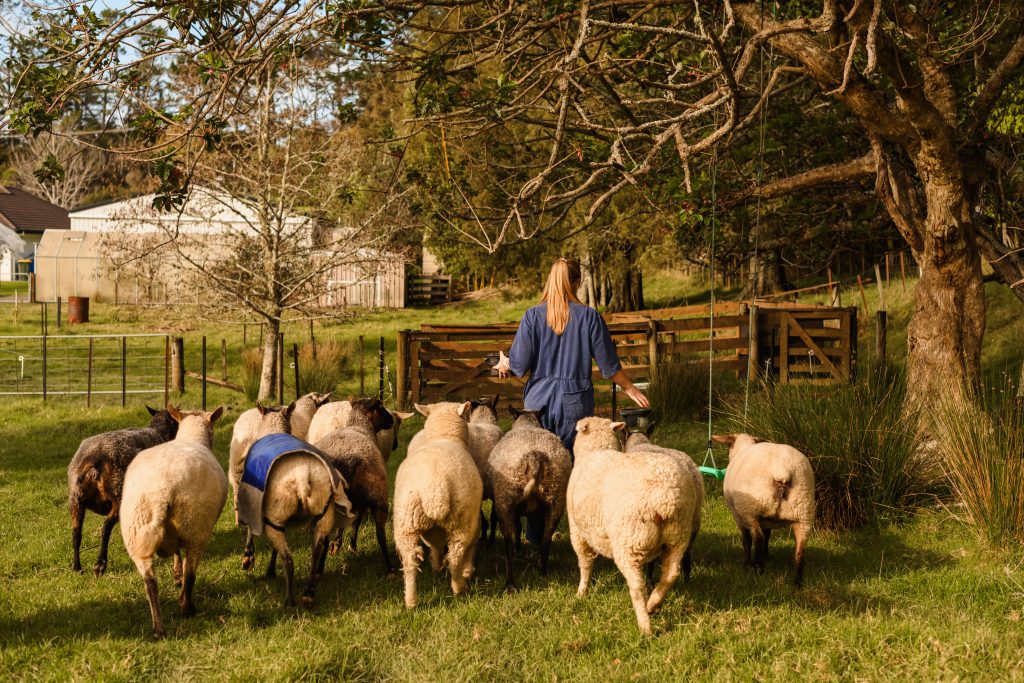
🐎 Join us at the 2026 Helensville A&P Show
We’re proudly sponsoring this year’s Helensville A&P Show — a cherished celebration of rural life, farming, animals and community spirit in West Auckland. This years A&P theme is the Year of the
Keep up to date with the latest news at Vets North!

If you have stock in Auckland, you have likely dealt with the dilemma of when to drench. Parasite burdens are a significant issue in Auckland due to the region’s mild, wet climate, which creates ideal conditions for parasite eggs and larvae to survive and multiply on pastures. The warm temperatures and high humidity extend the life cycle of parasites, increasing the risk of infection for farm stock. Additionally, Auckland’s farming areas often experience higher stocking densities because of limited land availability, which facilitates the rapid spread of parasites among animals.
On lifestyle blocks we often see intensive grazing practices and limited pasture rotation further contribute to parasite build-up in the environment. On top of this, frequent and sometimes unstrategic use of drenches has led to drug-resistant parasites, making control efforts more challenging for Auckland farmers. Together, these factors make parasite management a particularly pressing issue in the region.
The thing to remember is that farm stock will always have worms, and the fastest way to get worm resistance is to try and have no worms. You need to farm your worms, just as you farm your stock. The trick is to have enough worms for you stock to build up their immunity but not too many to cause ill health. Sounds simple, right?
All individuals are different when it comes to worm burden. A small proportion of the mob carry most of the worms. In commercial sized mobs it is too hard to find the infested individual and treat them, so everybody is treated. However, with small groups you can faecal sample individuals and drench according to the results. This is best practice on lifestyle blocks, contact the clinic on 0800 VTS NTH to find out how to faecal egg count your stock or lifestyle pets.
Different classes of stock have different background levels of immunity to worms. Adult sheep and cattle do not need intensive drenching. Lambs and goats are more susceptible to worms so need more care.
The stocking rate of your property has a huge impact on the amount of parasitism in the stock. Heavily stocked properties with short grass cover will get a lot more worm problems. Our Lifestyle Vet team are here to help create a tailored health management plan for your lifestyle block, including how to best manage your pasture.
Having multiple different types of stock on a property (cattle, sheep, horses) will help control worms as they will clean up after each other. This is often referred to as cross grazing, the idea is that many parasites are species-specific, meaning the worms and parasites that infect sheep won’t survive or develop in cattle, and vice versa. By moving different types of animals onto the same pasture one after the other, you break the parasite life cycle. Cross grazing can be an effective natural strategy to manage parasite burdens, improve pasture health, and support livestock immunity.
Drench resistance (the ability of a worm to survive a drench treatment) is now unfortunately quite common. The only way to know if the drench that you gave has worked is to do a faecal egg count 10 to 14 days after the drench. The best way to prevent drench resistance developing is to not use drenches unnecessarily or excessively and faecal egg counting can give you the information needed to know when to drench.
Ready to take control of parasites the smart way? Don’t guess—know your farm’s parasite levels with a faecal egg count. It’s the key to effective, targeted drenching that protects your stock and helps prevent resistance. Contact us on 0800 VTS NTH to schedule your faecal egg counting service and keep your animals healthy and productive!

We’re proudly sponsoring this year’s Helensville A&P Show — a cherished celebration of rural life, farming, animals and community spirit in West Auckland. This years A&P theme is the Year of the

Welcome to all our new puppy parents! Bringing a new puppy home is one of life’s true joys—and, let’s be honest, sometimes a wee bit of a whirlwind! We know